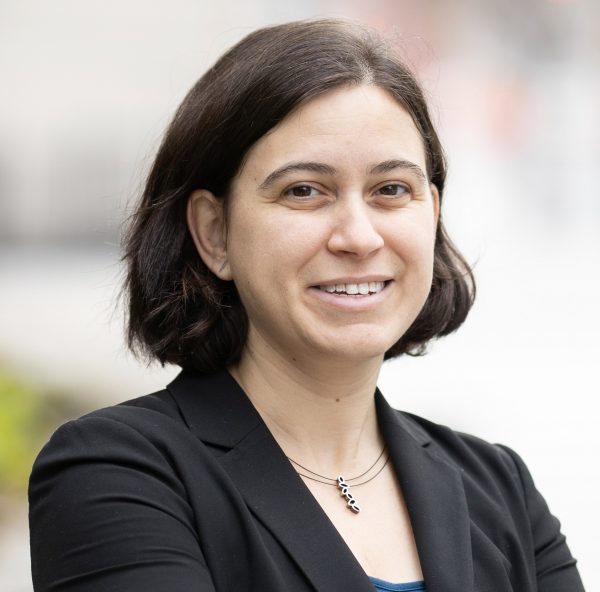By Rabbi Ashira Konigsburg
Since the pandemic, I’ve heard many people remark on how time itself feels different. Sometimes it feels that things that happened recently feel longer ago, and sometimes things that took place a year ago feel like they only just happened. Whatever markers we use for our sense of the passage of time seem not to be working as well for us as they were in the “before times.”
There’s a passage in Parashat Emor (Leviticus 21:1-24:23) that can help us understand why we might feel this way. Leviticus chapter 23:1 talks of the annual holidays as both fixed in time and needing to be proclaimed by Israel:
“Speak to the Israelite people and say to them:
These are My fixed times, the fixed times of the LORD,
which you shall proclaim as sacred occasions.”
This is odd. Ordinarily our sense of holidays is that they are established in time. The parashah lists the month and day for each of the festivals. We know from a few verses later that Passover, for example, falls on the 15th day of the Hebrew month of Nisan and that Rosh Hashanah begins on the first day of Tishrei. So, what does it mean when the Torah says, “you shall proclaim [the festivals] as sacred occasions”?
According to rabbinic tradition, the months themselves were set by the Sanhedrin once its members had received testimony from people who had seen the new moon. Therefore, the timing of these holidays is effectively determined in a partnership between the Jewish people and God. The Bible determined on which day of which month each holiday falls, and every year the people determine when the month begins.
Nowadays, we tend to think of time as something objective. Seconds, minutes, hours, days, weeks, months, years are all fixed quantities of time, precisely calculated by computers and atomic clocks. With or without our awareness, time marches on.
This passage reminds us that there are other ways to think about the passage of time. Perhaps each of us also has a role to play as well. Instead of viewing time as something that happens to us, Parashat Emor invites us to reconsider our own role in marking time.
As we reflect on our own experiences of time during the pandemic, take a moment to think about how we may have experienced time passively and what each of us did to mark its passage. What practices and customs have we started that we might want to continue? What habits have we fallen into that we ought to put to an end? And what can we do to imbue some occasions with holiness? Especially now, when we have shaken up our old routines and fallen into new ones, let us take this opportunity to reexamine how we can be more deliberate in shaping our time and that of our families and communities.
 Rabbi Ashira Konigsburg is the chief operating officer of the Rabbinical Assembly, the professional association of Conservative/Masorti rabbis.
Rabbi Ashira Konigsburg is the chief operating officer of the Rabbinical Assembly, the professional association of Conservative/Masorti rabbis.
Reader Interactions